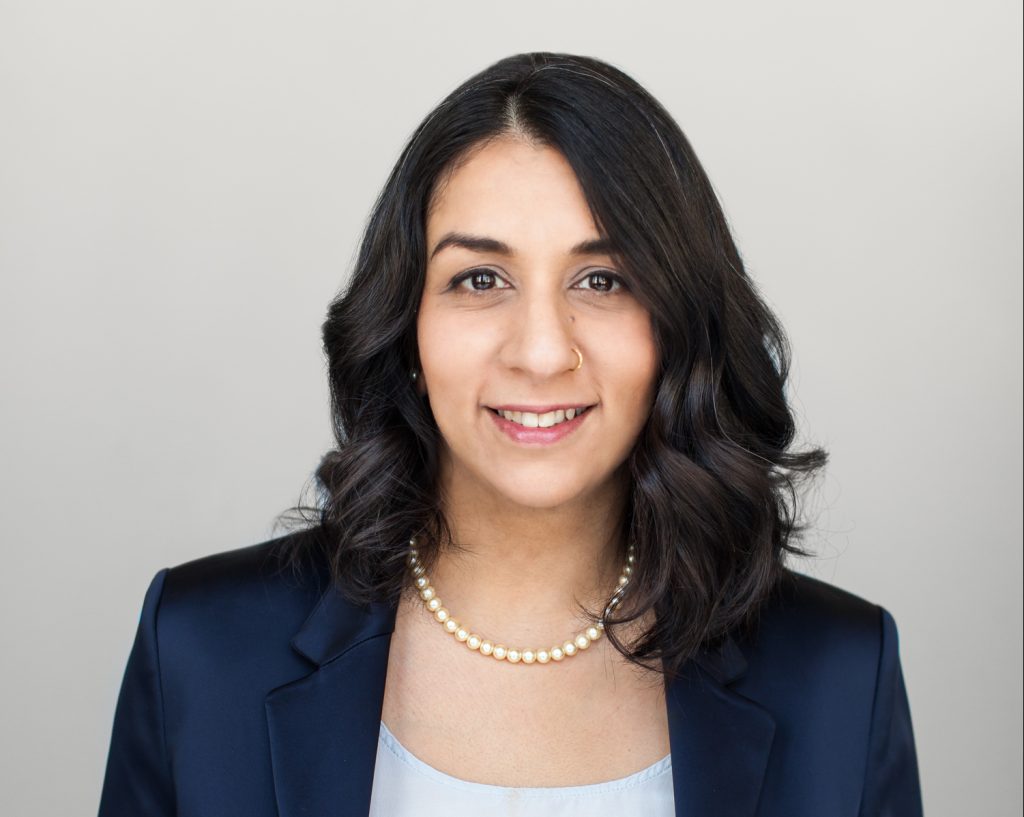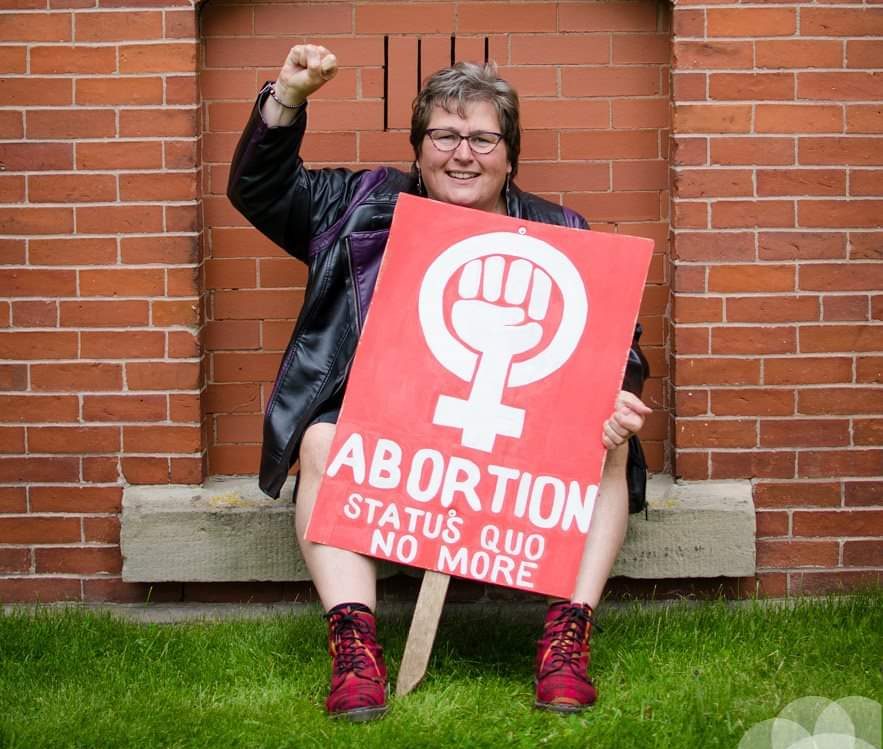“It’s interesting to me how quickly the knowledge of activism gets lost,” says Colleen MacQuarrie, a professor of psychology at UPEI in Charlottetown and a key player in the launch of a 2016 lawsuit that saw the Prince Edward Island government back down after 35 years of refusing to allow access to abortion on the Island. “I’m already finding students in university who weren’t aware that we didn’t always have abortion access…. They were taking it for granted that we had this easily accessible thing when, in fact, we fought long and hard.”
Activists had battled the P.E.I. government for decades until MacQuarrie and an array of supporters, with the help of Halifax lawyers Nasha Nijhawan and Kelly McMillan, put together a 2016 legal case that included a constitutional challenge. Unlikely to win, the government, under then-premier Wade MacLauchlan, finally conceded. It would eliminate the murky barriers that dictated doctors would not be paid to carry out abortions on the Island and even establish a women’s reproductive and sexual health clinic. That clinic opened in Summerside in early 2017. Between 2017 and 2020, 838 abortions were performed in P.E.I., a number that doesn’t include abortions induced by medication outside a clinic or hospital.
You may unsubscribe from any of our newsletters at any time.
So with the Island’s hard-won right to access abortion still relatively fresh, the news of the U.S. Supreme Court overturning Roe v. Wade hit hard. But MacQuarrie was still prepared for the news.
“I did anticipatory grieving when I heard that the conditions were set in place for Roe v. Wade to be reconsidered, so I already had cried the tears and was well-prepared, I guess…. I don’t think anyone who was paying attention could credibly say they were surprised.”
Lawyer Nijhawan, in Halifax, was likewise not surprised; she says her first reaction was grief.
“It’s not just about this decision, it’s about what it means for an entire generation of women and girls who will grow up under this type of ideology which doesn’t view their autonomy as a real thing, because it wasn’t in the constitution,” says Nijhawan, who is also mother to a 10-year-old girl.
Top of mind for both women were the thousands of marginalized American women who would be harmed. “We’re looking at racialized women, poorer women, women without access to resources, younger women who would be resorting to self-harm. So I started to mourn,” says MacQuarrie.

Nicole*, who told Broadview her story in 2018, knows what it’s like to be one of those women. Now in her early 60s, she says she was “absolutely aghast” at the news. She was little more than 20 when she became pregnant after being forced into sex by an abusive partner. She had to negotiate a gauntlet of doctors to prove the procedure was “medically necessary,” a requirement at the time. Desperate to end the pregnancy, she threatened to harm herself and her fetus. “I would’ve done anything,” she says now. “I don’t want women to have to go through what I went through. …I don’t want people to have to go into a back alley.”
Those fears aren’t unfounded. “I don’t want to be an alarmist about our laws,” says Nijhawan, “but I do think that there is an enormous influence of culture from the United States on Canadian culture. And one of the biggest barriers in Canada to access isn’t the law—it’s stigma; stigma in the way that providers feel [about whether] abortion should be a normal health procedure.” Nijhawan says access in remote communities is already limited because many doctors don’t want to train to be abortion providers.
More on Broadview:
- Here’s why Canada doesn’t need a new abortion law
- Why P.E.I. didn’t provide abortions for 35 years
- An Ontario nurse sounds the alarm on staffing shortages
Still, she says, the narrative that suggests Canada should legislate access to abortion is more harmful than helpful. “We don’t legislate any other form of healthcare. It’s up to medical providers to determine what’s appropriate from a medical perspective, and what’s available where, based on resources and other things,” she says.
MacQuarrie says that, while she’s aware Canada has a different legal system, she never assumed that Islanders could rest easy, “because we still do not yet have all of the pieces in place that were promised to us.” The P.E.I. government had promised a dedicated clinic space and a staffed phone line, neither of which is yet a reality. “One of the things that goes through my mind is, ‘To what extent will the moral minority, which happens to have a lot of political ears here, be using this as a way to slow down how readily [the government is] moving on delivering on the promises from 2016?’”
Nijhawan is disheartened. “For me personally, reproductive justice was the motivator to get into the law; watching how the law had been used in a positive way to advance equality rights, particularly for women, motivated me into this. And I guess, maybe naively, I believed that the arc was tending towards justice—that we were only going to move in one direction,” she says.
MacQuarrie says it’s important not to feel overwhelmed by despair. She sees a way forward in educating the next generation of social activists. “You can grieve, [but] then you have to think, ‘All right, what do I have to do to shift this?’” she says. “It’s almost like the activism has to be rebirthed with each new generation.”
***
Angela Mombourquette is a writer and editor in Halifax.














And yet no one asks the fetus how they feel.
David in Psalm 139 suggests how they might feel. “For you created my inmost being; you knit me together in my mother’s womb.” “Your eyes saw my unformed body; all the days ordained for me were written in your book before one of them came to be.”
Yes there are circumstances that “might” warrant abortions, but I’ll bet it is the minority. As long as we push the minority circumstances, then we can excuse ourselves from thinking we’ve killed a fetus, God’s creation.
Hey Gary, not everyone is Christian. Also, as a man named Gary, you should have zero sway in what women do with their bodies. Have a swell day, Amen.
Who is the advocate for the fetus?
No one can tell me that, and it shouldn’t matter if it is a man or not.
I don’t recall stating anything about Christians, yet I would expect “Christians” to be reading articles in the Broadview magazine.
I do not waste my breath telling someone who has already made up their minds that there is no God or to those who agree with me, but I speak to those who seek alternatives, or confused in the matter. (There are two sides – contentious or not)
I don’t have a sway in what women do to their bodies, but as one who believes that God creates, and we, as beings, are not some random of fluke goo of chance, we are to respect life.
I trust I’m reliable and faithful as I go through this great day.
Thanks
All things are God’s creation. To live is to engage in the process of dying. We treat death as if it were a bad thing yet it is neither good nor bad. There are many circumstances in which an abortion is warranted however, as a man, to have an abortion or not is not my call, it is the woman’s decision and should be available to her. And what about vasectomy….what would the mythical David say about not permitting the sperm to do it’s job? And what of the millions of sperm who simply die without reaching the egg? We all need to have our freedoms and protections and rights protected so that no wing-nut politician can tamper with them. Just look to the US to see what can happen when half the population believes in lies and misinformation.
Perhaps with your point of view death isn’t a bad thing. But how that death is achieved goes against my conscience. Having one’s limbs torn off so you can fit through a cervix, or being sucked up by a vacuum would not be a good way for me to die, no matter what the circumstances.
But you still didn’t answer my question of the fetus’s rights or freedoms.
There are some questions that have no answers. I have no memory of being in the womb. If my mom had had an abortion I would not have known about it, my consciousness, what there was of it, would return from whence it came.
You created an oxymoron. How do you know you had a conscience, yet not have known about it?
Sometimes in life we encounter paradox. I’m quite happy with oxymorons. I have decided to think for myself, even if my thinking is flawed by other folk’s standards. I cannot live by the ancient human writings of people in another place and time and culture who had no science or scientific methodology. When it comes to the abortion question. Pro-lifers are merely pro-birth and give not a hoot for the girl or woman forced to give birth, or the situation she finds herself in. This is about a woman’s body and her right to control it. Only she has the right to make her own decision.